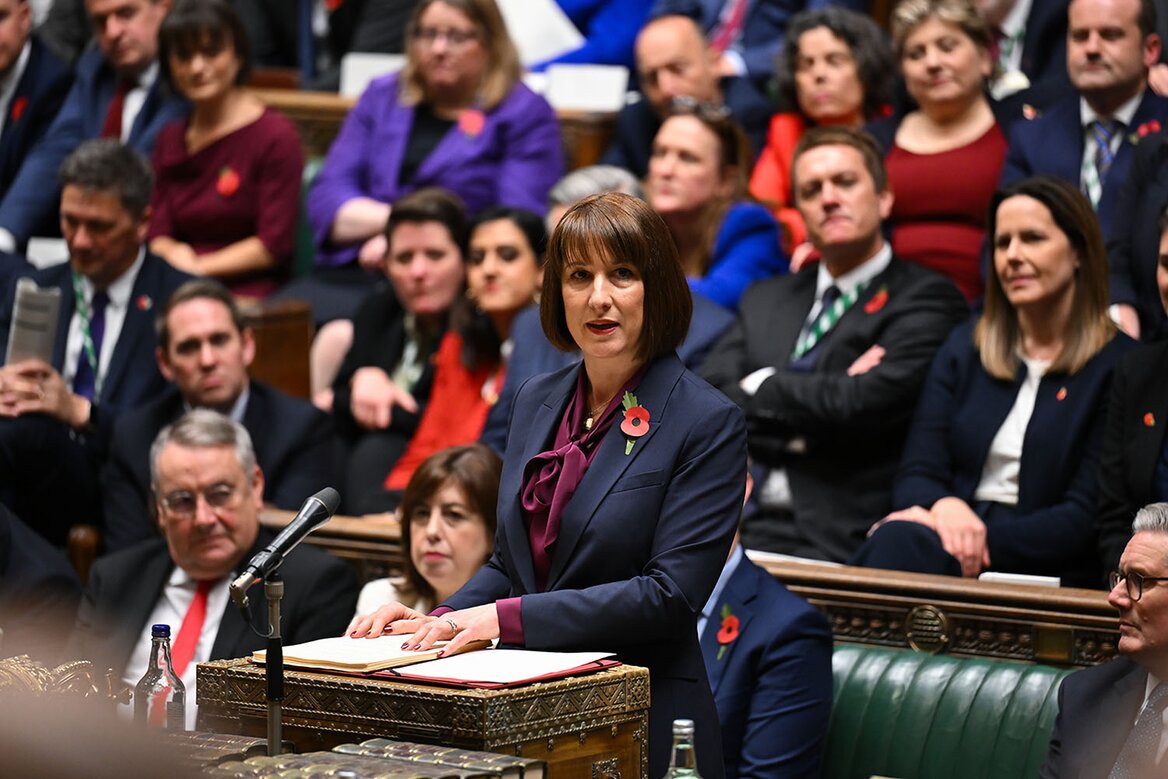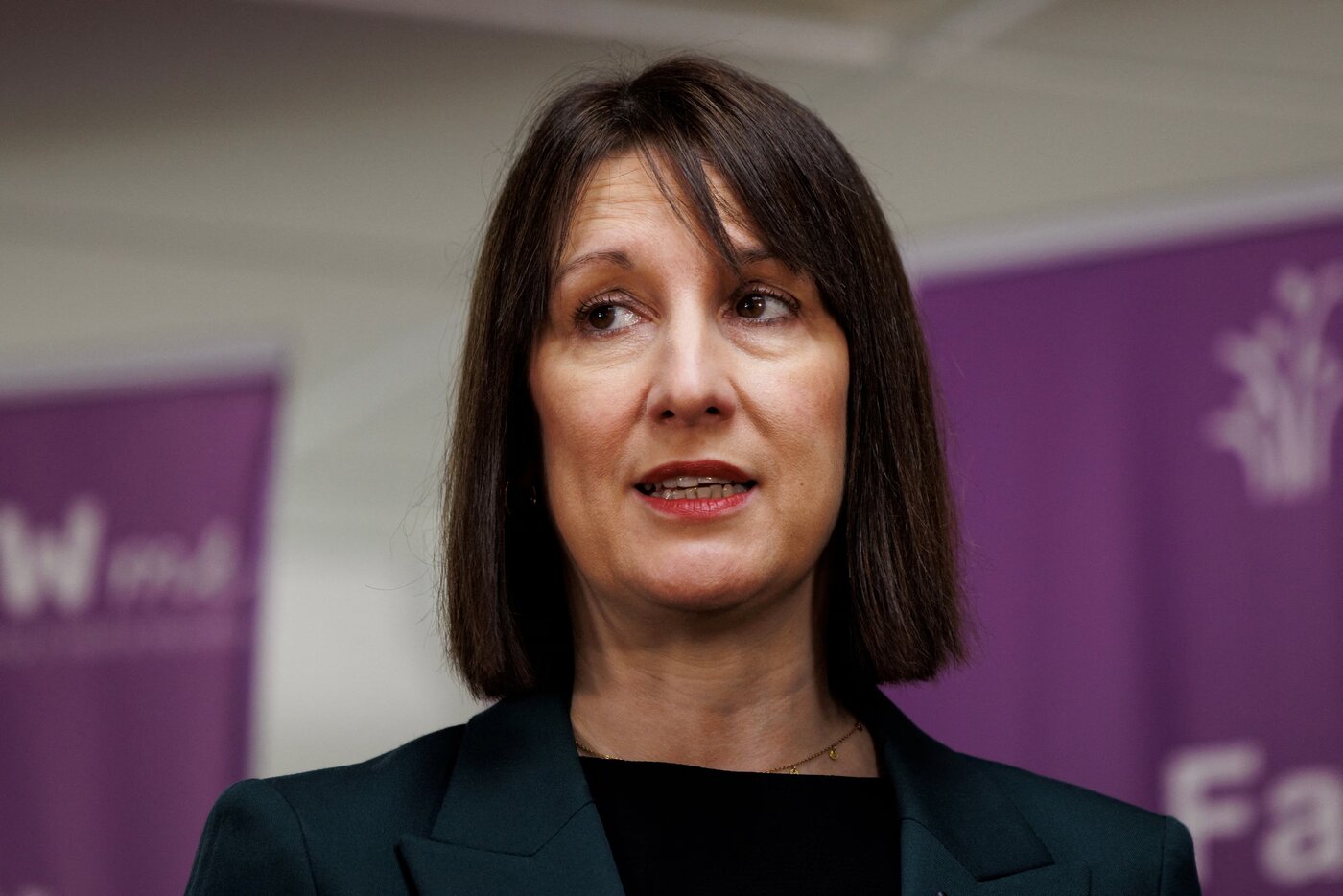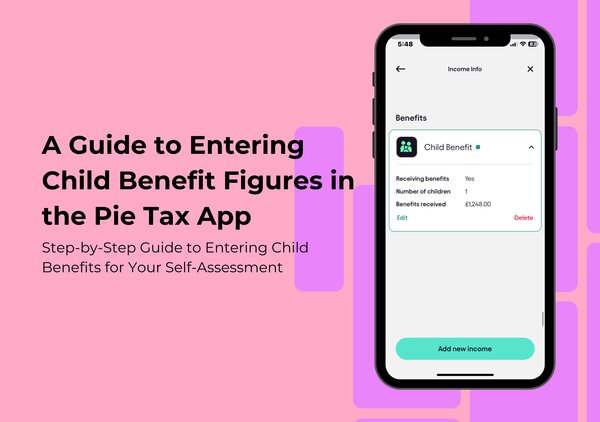Chancellor Rachel Reeves is poised to announce a thorough commission reviewing workplace pensions during her upcoming speech at Mansion House, expected in mid-July 2025.
The initiative marks a decisive effort to evaluate auto-enrolment levels, pension adequacy, state pension provisions, and retirement savings for self-employed individuals. Reeves’s announcement comes amid broader efforts to reinforce the UK’s financial resilience and ensure workers are on track for a secure retirement.
The move highlights growing concerns over insufficient pension saving in the UK and forms part of a larger strategy to boost long-term economic growth through stronger personal financial foundations. With the commission set to scrutinise employer and employee contributions, it promises to reignite debate on pension policy and stimulate momentum for future reforms.
Background & Context
The UK has lagged in retirement savings, especially among low earners and the self-employed. Since the introduction of auto-enrolment in 2012, participation has grown, but questions remain about whether default contribution rates, currently at 8% combined, are sufficient.
Reeves’s announcement signals recognition within the Treasury that today's pension system may not deliver adequate retirement incomes. The review builds on a 2024 government review aimed at channeling pension capital into productive investments while boosting retirement outcomes.
Scope & Structure of the Commission
According to multiple outlets, including Reuters and Yahoo, Reeves intends to establish a commission that will:
- Assess auto-enrolment thresholds and participation rates
- Measure long-term pension adequacy for all workers
- Examine state pension links and coverage for the self-employed
The commission will report findings in autumn, ahead of the Autumn Budget, furnishing Reeves with policy options aimed at strengthening pension provision and closing retirement adequacy gaps.
Stakeholder Perspectives
Supporters argue the measure is long overdue. Industry executives told Reuters it was "long‑anticipated," suggesting the time is ripe for serious reform. Critics, however, may question whether this initiative is more talk than action. Smaller employers could view tougher contribution requirements as an added cost, while workers may worry about reduced take-home pay.

Why This Matters for Workers
Many workers remain underfunded for retirement, with some barely meeting basic living standards. Under current rules, combined contributions of 8% can result in insufficient pension pots, especially for those starting later or on low incomes.
Expanding the review to cover the self-employed addresses often-overlooked vulnerabilities. Without employer contributions, this group relies heavily on voluntary saving, a gap that the review aims to close.
Auto-Enrolment Process Under Review
Auto-enrolment has successfully brought millions into pension saving, but participation stalls near the minimum contribution rate. The commission may explore raising default contribution levels or expanding employer roles in encouraging higher saving rates.
Also on the table is whether the earnings gateway should be adjusted to widen eligibility, ensuring more workers benefit from automatic pension enrolment.
Tying into the Bigger Picture
This initiative aligns with re-evaluations of economic policy amid fiscal challenges. By improving household financial resilience, Reeves may aim to reduce long-term dependency on public finances while promoting private savings-based retirement. It also resonates with the June Spending Review, where boosting productivity and supporting working families were central themes.

Conclusion
Chancellor Reeves's forthcoming announcement of a pension review commission is a significant step toward tackling one of the UK's most pressing personal finance issues: retirement adequacy. By scrutinising auto-enrolment, contribution rates, and the coverage of the self-employed, the commission seeks to recalibrate a system that has served as a good foundation but may no longer be sufficiently robust.
As the commission conducts its work, stakeholders across government, industry, and households will be watching closely for recommendations that may recalibrate expectations around retirement savings. With the report due before the Autumn Budget, the outcome could drive major policy shifts, not just in pension law, but across tax, public spending, and economic strategy











